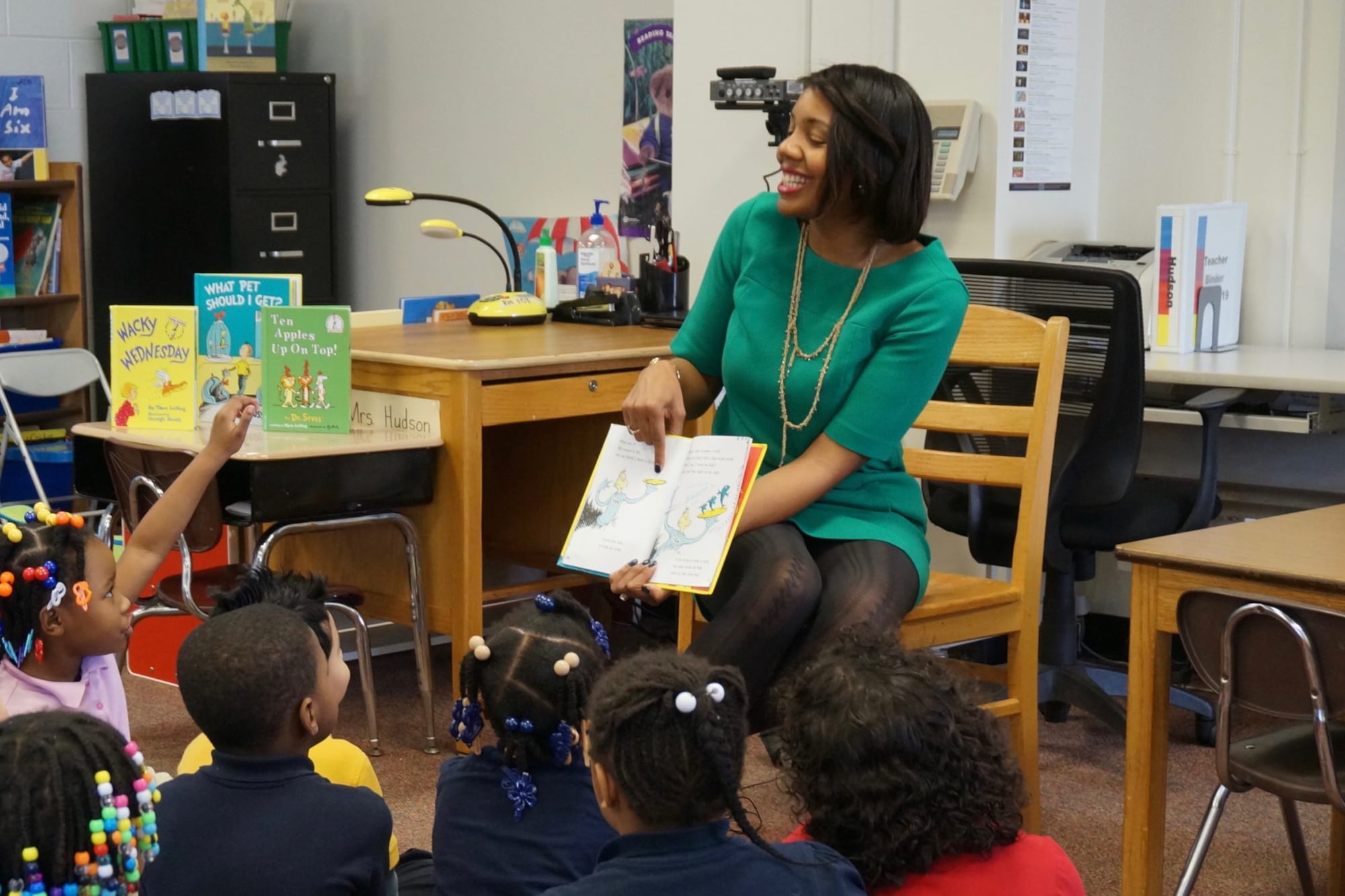Indianapolis Public Schools will close six buildings and reconfigure elementary and middle school grades throughout the district following the school board’s approval of the Rebuilding Stronger plan Thursday night.
The sweeping overhaul, which was approved by the board in a unanimous vote, is the district’s attempt to address several of its most pressing issues, including declining enrollment, looming financial instability, and educational inequities for students of color.
The passage of the plan came after months of public input, dozens of community and school meetings, and objections from various school communities.
Now, the district must focus on passing two ballot questions totaling about $810 million in new property taxes that officials hope to put before voters in May, in order to fund the changes included in Rebuilding Stronger.
School board president Evan Hawkins addressed students in his statement before the vote.
“Your choices are yours. And at the core of Rebuilding Stronger is the belief that you deserve access to the very best that this community has to offer you,” he said. “To the staff and the administrators, I want to acknowledge that change is hard. We’ve all been through lots of it the last couple years. But I believe that you are poised to make this district truly incredible for the students and families that trust you.”
The hours of public comment before the vote featured a wide range of support and opposition to the plan. Current and previous students at schools with special programs to being replicated voiced support for the expansion of special arts and Center for Inquiry schools. Other attendees urged the school board to delay the vote, arguing the plan still does not address equity.
Parents affiliated with nonprofits that support charter schools repeated their concerns regarding the plan’s replication of Center for Inquiry schools. Many have insisted the school instead partner with the Paramount charter school network, where data indicates many Black students have been successful.
“The schools we choose to grow under this plan matter,” said LaToya Hale-Tahirou, a parent of Paramount students. “And I cannot support the plan unless it includes growing data-proven models that are closing the opportunity gap.”
But Michael Harris, assistant principal at Butler Lab School 60, said the plan’s move to break up K-8 schools into separate elementary and middle schools will help run his school more smoothly.
“I understand that decisions are hard, those who are sitting there understand this very well,” he told the board. “But we have to make decisions for the long-term. And I think this plan sets us up for being successful in the long term.”
Schools will close, academic programs will expand
The plan allows the district to close six underutilized schools at the end of the school year and merge grades in others in an effort to operate more efficiently. Grade reconfigurations at the district’s remaining elementary and middle schools will begin mostly in 2024-25.
It will also expand specialized academic programs — such as International Baccalaureate and Montessori — to students throughout the district, which will be divided into four broad enrollment zones. Students will be able to choose any school within their zone.
Those changes, district officials have said, are designed to increase educational opportunity and expand choice — a critical goal, given that the district recently has lost many of its students to charter schools.
Rebuilding Stronger will give all middle school students access to band and orchestra, world language, and Algebra I. Less than half of middle schoolers currently have access to those offerings.
The plan will also double the number of seats in specialized programs that produce strong academic outcomes or are in high demand.
Disappointment over Rebuilding Stronger remains
Following community feedback, the district made several changes to the plan after the initial version was released in September.
The Center for Inquiry at School 2, for instance, will not close and merge with the Urban Act Academy at Washington Irving School 14 as Rebuilding Stronger first envisioned. Earlier this month, the district dropped plans to have a charter operator run a dual language program at Harshman Middle School.
And the Francis W. Parker Montessori School 56 building will not be demolished to make room for a new Sidener Academy for High Ability Students. Instead, Sidener will be moved to the site of the old Joyce Kilmer School 69.
But those revisions haven’t addressed all concerns or hard feelings.
Super School 19 and Urban Act Academy, two charter schools within the district’s innovation network, will no longer operate the schools if the board decides not to renew the district’s agreement with them, as district staff will recommend.
And School 56 parents were still hoping for their children to remain in the building. Instead, School 56 will close and students there will relocate to the nearby James Russell Lowell School 51.
The three people who were elected to the school board earlier this month have also expressed concerns about the plan, saying in an October forum that they would have voted no on the original plan.
The Mind Trust, which helps establish charter schools throughout Indianapolis, said in a statement before the vote that it does not support the plan. Among other concerns, the group argued that the district’s recently announced intent to partner with more innovation charter schools is an attempt to avoid selling or leasing its closed school buildings to charter schools for $1, as required under state law.
“Taken as a whole, The Mind Trust believes the Rebuilding Stronger plan will exacerbate racial disparities within IPS, not reduce them,” the group said.
Amelia Pak-Harvey covers Indianapolis and Marion County schools for Chalkbeat Indiana. Contact Amelia at apak-harvey@chalkbeat.org.






